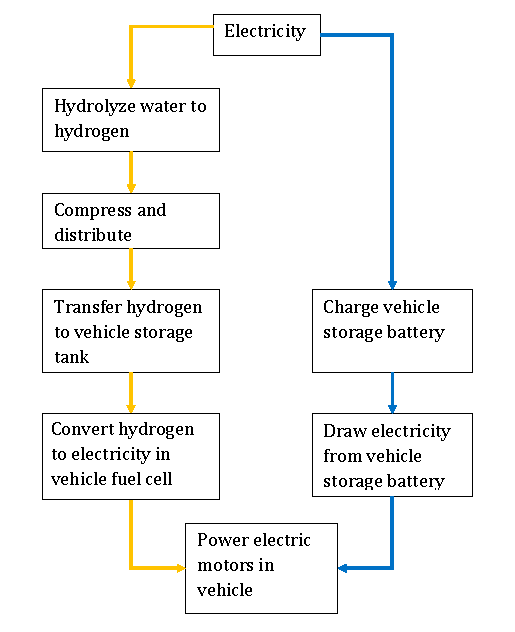Obama is the only Democrat running for President.
 Saturday, January 26, 2008 at 07:46PM
Saturday, January 26, 2008 at 07:46PM I just watched the results of the South Carolina Democratic primary, Obama's victory speech and the non-concession speeches of Clinton and Edwards. Suddenly the essential meaning of the whole campaign emerged--they are running for three different jobs. Obama is running to be head of state, Clinton is running to be head of government, and Edwards is running for a job that doesn't exist (unless he's running for Vice President or his old Senate seat).
In corporate terms, Obama talks like a chief executive officer, and Clinton talks like a chief operating officer with the job of making sure the organization efficiently implements the boss's vision. Obama is about vision, inspiration, and working together, while Clinton is about tactics, overcoming obstacles, and enforcing discipline. Obama inspires like Jack Kennedy and Ronald Reagan, and Clinton sounds like a cautious and competent George H. W. Bush. There are only ten days left, and television advertising is a poor way to communicate these differences, but if Super Tuesday voters see it this way, Hillary is toast.
 Skeptic
Skeptic
I was challenged on this post at a dinner party last evening and now revise and extend my remarks. That's the point of challenge, isn't it?
I would now strike the last sentence in this post--about Hillary potentially being toast. I was making an assumption on some vaguely remembered punditry, Chinese philosopher, or The Prince, that the populace has more affection for a head of state than for a head of government. In truth, I have no evidence of that, and I may have been completely out of bounds.
What I think is still valid is that Clinton and Obama emphasize different aspects of the Presidential job description. And, as a dinner partner pointed out, McCain is emphasizing another aspect--Commander in Chief. So, as I see it, Obama is running for head of state, Clinton is running for head of government, and McCain is running for CIC. Which of these will be elected in November to replace the person who has dumbed the job down to "The Decider"?
An episode from the Martin Luther King celebrations supports my distinction between Obama as inspirational leader (head of state or CEO) and Clinton as the get-things-done project manager (head of government or COO). Clinton praised MLK for his elevating civil rights issues and building a movement, but said it took a President to get things done. Was it smart to get people thinking that Obama was like MLK and she was like Lyndon Johnson?
One more point.
In the post I suggested Obama sounds more inclusive and inspirational. This morning I remembered that I have heard or read punditry to the effect that Clinton talks about "I" and "me" in her stump speeches, while Obama talks about "you." I wondered if that's true and, if so, how it affects the sound of the message. So I downloaded and compared Clinton's Remarks at the New Hampshire Democratic Party 100 Club Dinner on 1/4/08 (about 2200 words) with Obama's victory speech after the South Carolina primary on 1/26/08 (about 1600 words).
Obama used "you" or "your" only 3 times, and arguably on two of those occasions he was referring to himself (enduring the Clinton attack on him for saying something positive about Ronald Reagan). What he did do is to make massive use of "we," "us," and "our"--74 occurrences, 4.6% of the total words, compared with only 1.1% of the words "I" or "me." In contrast, 3.5% of the words Clinton spoke were "we," "us," and "our," while almost as many, 2.9%, were "I," "me," or "my," and 1.3% were "you" or "your." When the latter two are combined, she talked more about herself and about "you" as a group not including her noticeably more than she used words that included herself and her audience in the same group. Does that make a difference to an audience? I report, you decide.
In the two stump speeches I analyzed, Obama used vision-setting and motivational language to inspire collective action, using language that recalls Martin Luther King and Cesar Chavez. (Obama regularly uses the slogan of the United Farm Workers in the Chavez era, "Yes we can!") And recall that he started his legal career as a community organizer. Clinton does some of that as well, but mostly she tells her audience what she is going to do for them instead of enlisting them to work with her together in a movement. In that regard, she sounds like John Edwards did in his unsuccessful campaign, even describing herself as a "champion" of her constituents.
So, do more voters want a President to inspire and lead them or a President to do things for them?


